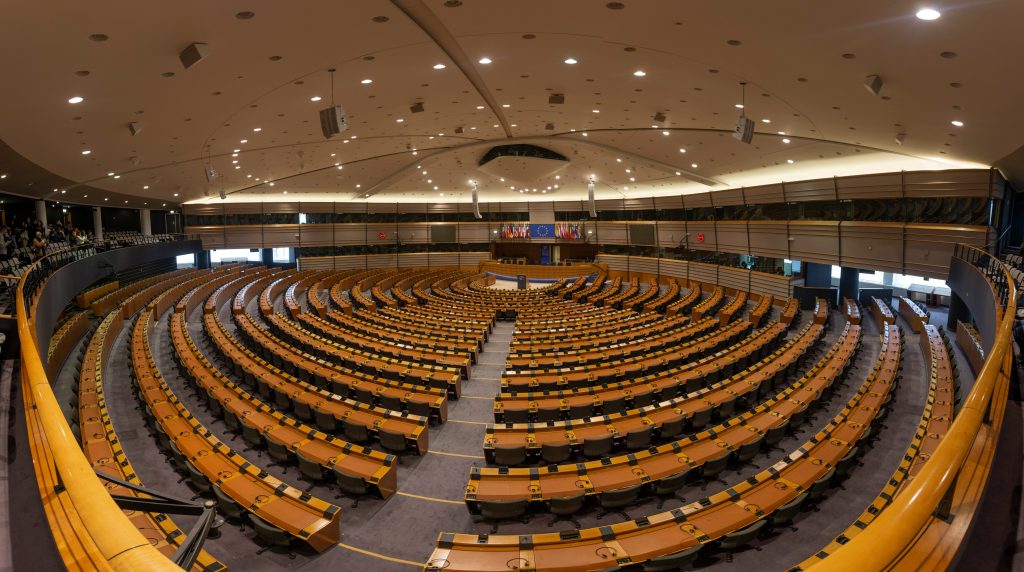Report
15/05/09Democracy in the EU and the Role of the European Parliament

In the run-up to the 2009 European Parliament elections, five institutes – the Istituto Affari Internazionali (coordinator, Rome), the Centro Studi sul Federalismo (Turin), the Institut für Europäische Politik (Berlin), Notre Europe (Paris) and The Federal Trust (London), in collaboration with Tepsa and EU-CONSENT, two networks of European research centres, have joined forces to conduct a study on a key issue: how to strengthen the legitimacy of the European integration process. In other words, how can we fill the political/institutional vacuum left by the ratification process of the Lisbon Treaty and re-establish a strong political link between voters and European institutions?




